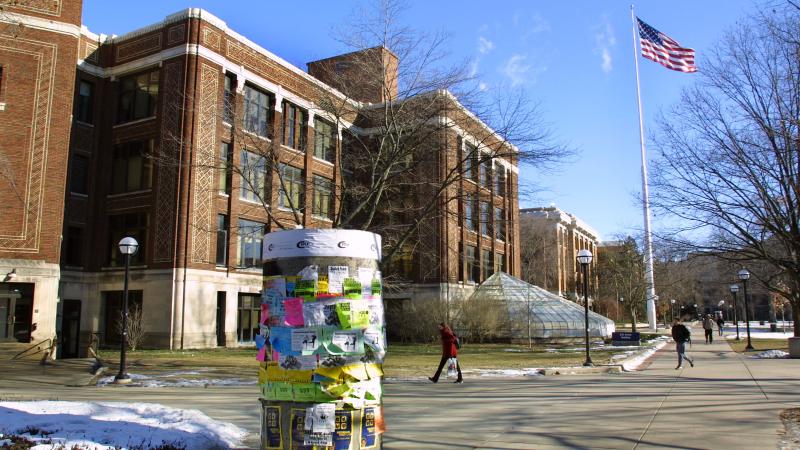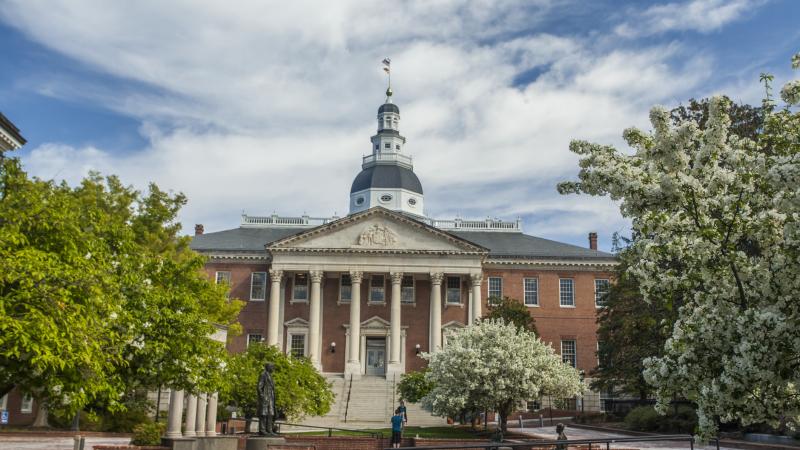Americans have dismal view of Ivy League elites running government
Voters also took a moderately skeptical view of the motivations behind student loan debt forgiveness.
Americans appear somewhat distrustful of the college-degree holding Ivy League elites running Washington, with many concerned that government made up of such individuals may not properly represent the country.
A plurality of registered voters (41%) hold a negative view of the abundance of national leaders hailing from Ivy League schools such as Harvard and Yale, according to a Scott Rasmussen National Survey.
"Half of America's political elite received a degree from one of just 12 universities, generally Ivy League schools like Harvard and Yale," the survey stated. "Is it good for America or bad for America to have so many elite leaders come from such a small number of schools?"
While roughly a quarter (27%) said it was either "somewhat" (19%) or "very" good (8%), more Americans felts it was either "somewhat" (26%) or "very" (15%) bad. A further 21% held a neutral opinion while 11% were unsure.
Americans were much more united in their assessment of so-called "legacy admissions" in which universities offer favorable admissions practices to the children of alumni or major donors, with 58% of respondents contending such policies should not be legal. Twenty-three percent were in favor of permitting such practices while 18% were unsure.
Voters also took a moderately skeptical view of the motivations behind student loan debt forgiveness.
"Voters with a college degree are more likely to vote for a Democrat than a Republican," the survey stated. "Is the Democrats' support for student loan forgiveness just a form of old-fashioned politics doing favors for their party's voters?"
Forty-six percent replied "yes" compared to 31% who said "no." Twenty-three percent were unsure.
Respondents were almost evenly divided as to whether greater representation by non-college-educated lawmakers would improve the function of Congress.
"Just about every Member of Congress has a college degree, and most have post-graduate degrees," the poll stated. "Most Americans, however, do not have a college degree. Would Congress work better if it was more representative and had fewer people with college degrees?"
Thirty-six percent said yes, compared to 32% who said no and another 32% who were unsure.
The Scott Rasmussen National Survey included the following methodology statement:
“This CounterpollingTM survey of 1,000 Registered Voters was conducted online by Scott Rasmussen on July 10-11, 2023. Field work for the survey was conducted by RMG Research, Inc. Certain quotas were applied, and the sample was lightly weighted by geography, gender, age, race, education, internet usage, and political party to reasonably reflect the nation’s population of Registered Voters. Other variables were reviewed to ensure that the final sample is representative of that population. The margin of sampling error for the full sample is +/- 3.1 percentage points. This survey was paid for by RMG Research, Inc. as part of the service provided for our Gold Circle Members.”
Ben Whedon is an editor and reporter for Just the News. Follow him on Twitter.















